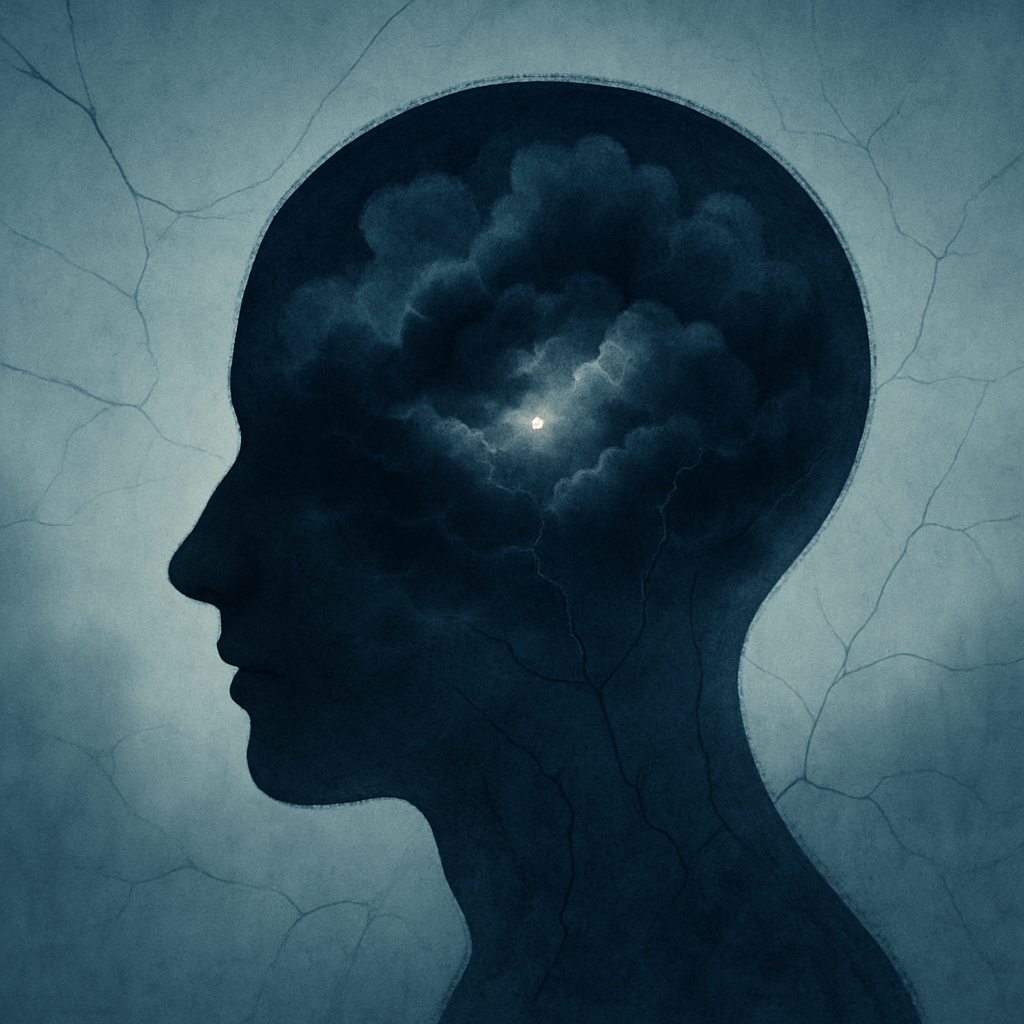The Devastating 5-Fold Mental Health Impact of Loneliness: A Crucial Look

The Mental Health Impact of Loneliness is a growing concern, casting a long shadow over individuals and communities worldwide. Far from being a mere fleeting emotion, chronic loneliness can profoundly affect psychological well-being, leading to a cascade of detrimental effects that can be difficult to overcome. This article delves into the multifaceted ways in which loneliness erodes mental health, highlighting five critical areas where its influence is most keenly felt.
Understanding the Connection: Loneliness and Mental Health
Loneliness, defined as the distressing feeling of being alone or separated from others, is distinct from social isolation, which is the objective lack of social contact. While social isolation can contribute to loneliness, one can feel lonely even when surrounded by people. The Mental Health Impact of Loneliness stems from our fundamental human need for connection and belonging. When this need is unmet, the brain and body react, triggering stress responses and altering emotional regulation. This can create a vicious cycle, where loneliness leads to mental health issues, which in turn make it harder to connect with others.
Five Critical Ways Loneliness Harms Mental Health
1. Escalating Depression and Anxiety: The Emotional Toll
One of the most immediate and widely recognised Mental Health impacts of Loneliness is its strong correlation with increased rates of depression and anxiety [1]. Individuals experiencing chronic loneliness often report persistent feelings of sadness, hopelessness, and a lack of motivation. The absence of meaningful social interaction can lead to a diminished sense of self-worth and purpose, feeding into depressive states. Similarly, anxiety can manifest as a constant worry about social situations, fear of judgment, or a pervasive sense of unease, making it even harder for lonely individuals to reach out and seek connection. This emotional toll can be debilitating, trapping individuals in a cycle of isolation and despair.
2. Cognitive Decline and Brain Health: A Silent Erosion
Beyond emotional distress, the Mental Health Impact of Loneliness extends to cognitive function and overall brain health. Research suggests that chronic loneliness can contribute to cognitive decline, impairing memory, attention, and executive functions [2]. The brain, a highly social organ, relies on interaction and stimulation to maintain its health. Prolonged periods of social deprivation can lead to structural and functional changes in the brain, increasing the risk of neurodegenerative diseases such as Alzheimer’s. This silent erosion of cognitive abilities underscores the profound biological consequences of loneliness.
3. Increased Risk of Suicidal Ideation: A Dire Consequence
Perhaps the most tragic Mental Health Impact of Loneliness is its link to an elevated risk of suicidal ideation and attempts [3]. When individuals feel utterly alone, without hope or support, the burden of their emotional pain can become unbearable. The absence of a strong social safety net can leave them feeling trapped and without options, making suicide seem like the only escape. This highlights the urgent need for comprehensive mental health support systems and community initiatives that can reach out to and support those struggling with profound loneliness.
4. Substance Abuse and Unhealthy Coping Mechanisms: A Vicious Cycle
In an attempt to cope with the overwhelming feelings of emptiness and despair, individuals experiencing loneliness may turn to unhealthy coping mechanisms, including substance abuse [4]. Alcohol, drugs, and even excessive engagement in activities like binge-watching or gaming can provide temporary distraction or a false sense of comfort. However, these behaviours often exacerbate the underlying loneliness, creating a vicious cycle that further isolates the individual and compounds their mental health challenges. The pursuit of fleeting relief can lead to long-term addiction and deeper despair.
5. Weakened Resilience and Stress Vulnerability: The Erosion of Coping Skills
Chronic loneliness can significantly weaken an individual’s psychological resilience, making them more vulnerable to stress and less equipped to cope with life’s challenges. Social connections provide a crucial buffer against stress, offering emotional support, practical assistance, and a sense of shared experience. Without this buffer, lonely individuals may find themselves overwhelmed by everyday stressors, leading to increased anxiety, irritability, and a diminished capacity for problem-solving. The Mental Health Impact of Loneliness thus includes an erosion of coping skills, leaving individuals feeling exposed and vulnerable in the face of adversity.
Addressing the Mental Health Impact of Loneliness
Mitigating the Mental Health Impact of Loneliness requires a concerted effort from individuals, communities, and healthcare systems. Promoting social connection, fostering empathy, and providing accessible mental health resources are crucial steps. Initiatives that encourage community engagement, support groups, and educational programs can help individuals build meaningful relationships and develop healthy coping strategies. Recognising loneliness as a serious public health issue is the first step towards creating a more connected and mentally resilient society.










